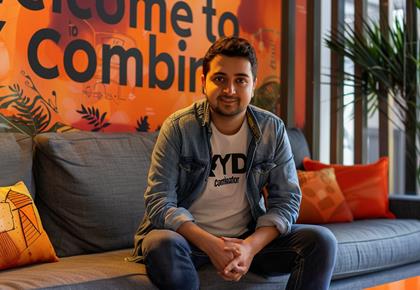Part of the series:
Y Combinator: 40 Questions and 40 Answers
Y Combinator: 40 Questions and 40 Answers
1. Why Y Combinator Asks This Question
Y Combinator is keen on backing founders who are not only passionate but also personally invested in their ventures. When founders have lived through the problems they are trying to solve, it often indicates a deeper understanding of the nuances of those issues and a greater commitment to finding viable solutions.This personal connection can be a powerful motivator and can also make the founders more credible and persuasive to investors.
2. How to Answer the Question
When answering this question, it's crucial to share personal anecdotes or experiences that highlight how you have encountered the problem yourself.Explain the circumstances and how these experiences led you to develop your startup’s solution. Be honest and reflective about what you learned from these experiences and how they have shaped your approach to your business.
For example, if you are the founder of a medical device startup focused on diabetes management, you might discuss your own challenges in managing diabetes, including specific incidents that highlight the shortcomings of existing solutions.
3. How NOT to Answer the Question
Avoid giving a generic response or one that suggests you’re addressing the problem only because it seems like a profitable or popular area. Lack of personal experience isn’t necessarily a deal-breaker, but pretending to have it when you don’t can undermine your integrity and credibility.If you haven’t experienced the problem personally, it’s acceptable to talk about close observations of others who have, provided that you can convey a deep understanding and empathy for those experiences.
4. An Example, Based on a Tech Startup
Consider a tech startup, FindSpace, that develops an app to help users find available public parking in real-time. Here's how a founder who experienced the problem firsthand might answer:- Personal Experience: "Living in a crowded urban city, I spent countless hours each week circling blocks to find parking—a frustration that once made me late for a crucial job interview. This experience was not just annoying but had real repercussions on my day-to-day life and opportunities."
- Connection to the Startup: "This personal pain point drove me to develop FindSpace. Our app uses real-time data to show available parking spots within seconds, significantly reducing time and stress for drivers in urban areas."
The founder's personal experience with the problem inspired their startup, adds real credibility and shows how it could really make a difference.


